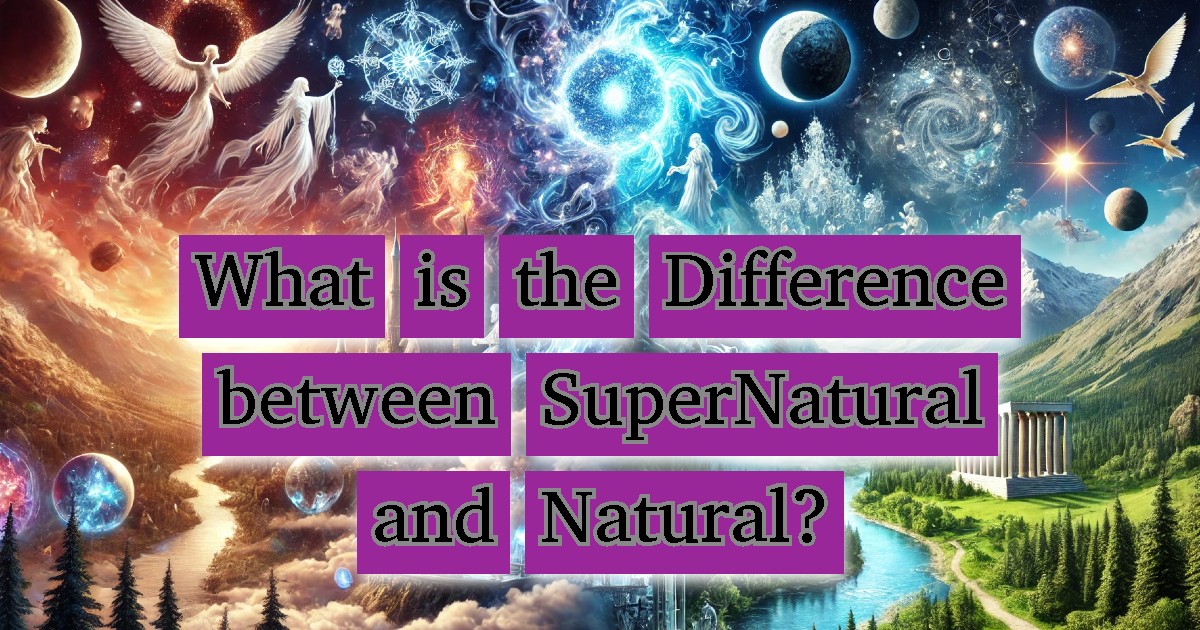Is the Supernatural Just the undemonstrable?
For centuries, the supernatural has been invoked to explain miracles, divine interventions, and the existence of God. But what truly separates the supernatural from the natural? Is the supernatural just another way of labeling what cannot be demonstrated in reality?
Truth Requires Evidence
In science and philosophy, a claim is considered true when it can be supported by verifiable, physical evidence. Natural phenomena—gravity, evolution, and even quantum mechanics—can be observed, tested, and demonstrated. Supernatural claims, on the other hand, often exist outside these requirements.
When someone asserts that God performed a miracle, or that angels intervened in an event, how can we verify it? If a claim cannot be tested, repeated, or falsified, can it ever be called true in the same way that natural facts are?
The Supernatural: A Placeholder for the Unknown?
Throughout history, supernatural explanations have filled the gaps in human understanding. Lightning was once believed to be the wrath of the gods—until science explained electricity. Diseases were seen as demonic possession—until medicine identified bacteria and viruses.
If every supernatural claim is just another “mystery” waiting for a natural explanation, then does the supernatural exist at all? Or is it simply a word for what we don’t yet understand?
A Challenge to Think
If the supernatural is real, shouldn’t there be physical evidence supporting it? If no verifiable evidence exists, should we still call it “true”?
Recommended Reading:
David Hume (1748). An enquiry concerning human understanding. Oxford University Press.
Carl Sagan (1996). The demon-haunted world: Science as a candle in the dark. Ballantine Books.
Richard Dawkins (2006). The God delusion. Houghton Mifflin Harcourt.
Bertrand Russell (1927). Why I am not a Christian. Simon & Schuster.
Sean Carroll (2016). The big picture: On the origins of life, meaning, and the universe itself. Dutton.

